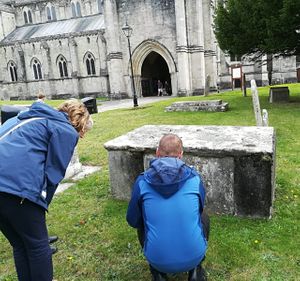When William Shakespeare was born in 1564, Queen Elizabeth I had reigned for five years and when King James I succeeded her in 1603, Shakespeare was almost 40 years old. Shakespeare would have been familiar with entertaining at the royal courts, seeking patronage for his art, so this Shakespeare Week, let's find out more about these royal events...
Royal courts often undertook a tour of their kingdom, or a ‘progress’, staying at the homes of wealthy nobles and taking the court to the countryside. Both Elizabeth and James visited the Paulet family at Basing House, with Elizabeth I being the most frequent Tudor visitor. She visited Basing five times over her 40 year reign – her final visit in 1601 was a truly spectacular event.
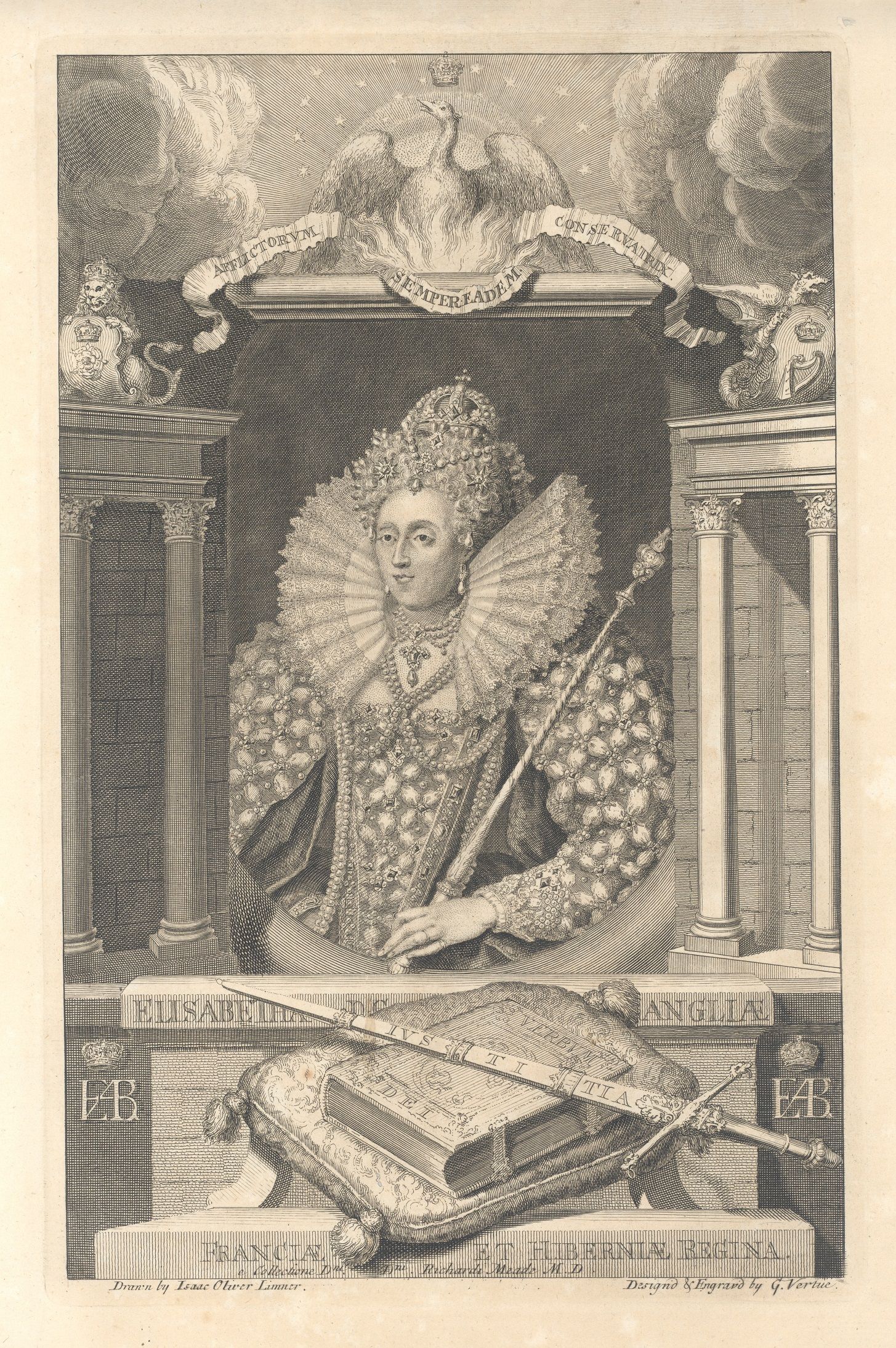
Contemporary documents reveal these fascinating facts about Elizabeth’s 1601 visit to Basing:
· Due to the state of England’s Tudor roads, Queen Elizabeth’s Surveyor of the Ways was sent ahead to map out the most passable route between her hosts’ houses
· Window glass was removed, washed, repaired and replaced before the royal visit
· The household locks were changed for royal ones – a normal procedure, but made even more necessary by the threats to the queen’s life during the recently suppressed Earl of Essex’s rebellion
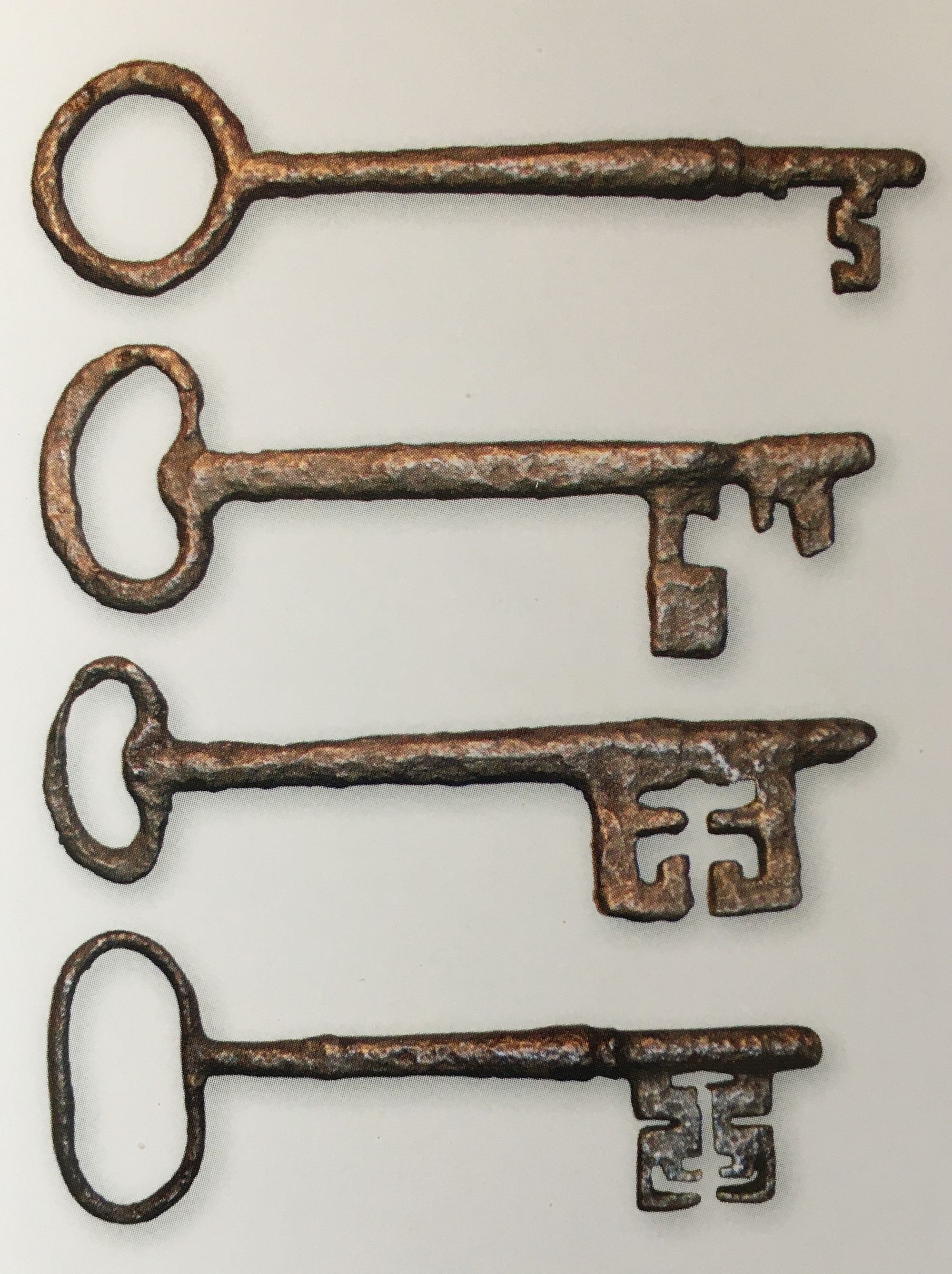
· A chapel was prepared
· A grandstand was built in the park for viewing the hunt
· Elizabeth’s huge court convoy consisted of up to 300 baggage wagons
· Almost 1,500 people made up the court, who were entertained at Basing for a fortnight
· The Duc de Biron, the French Ambassador, arrived with an additional entourage of over 400 people
· The great gatehouse was the location of Her Majesty’s accommodation, including a dining chamber and two rooms in which to retire
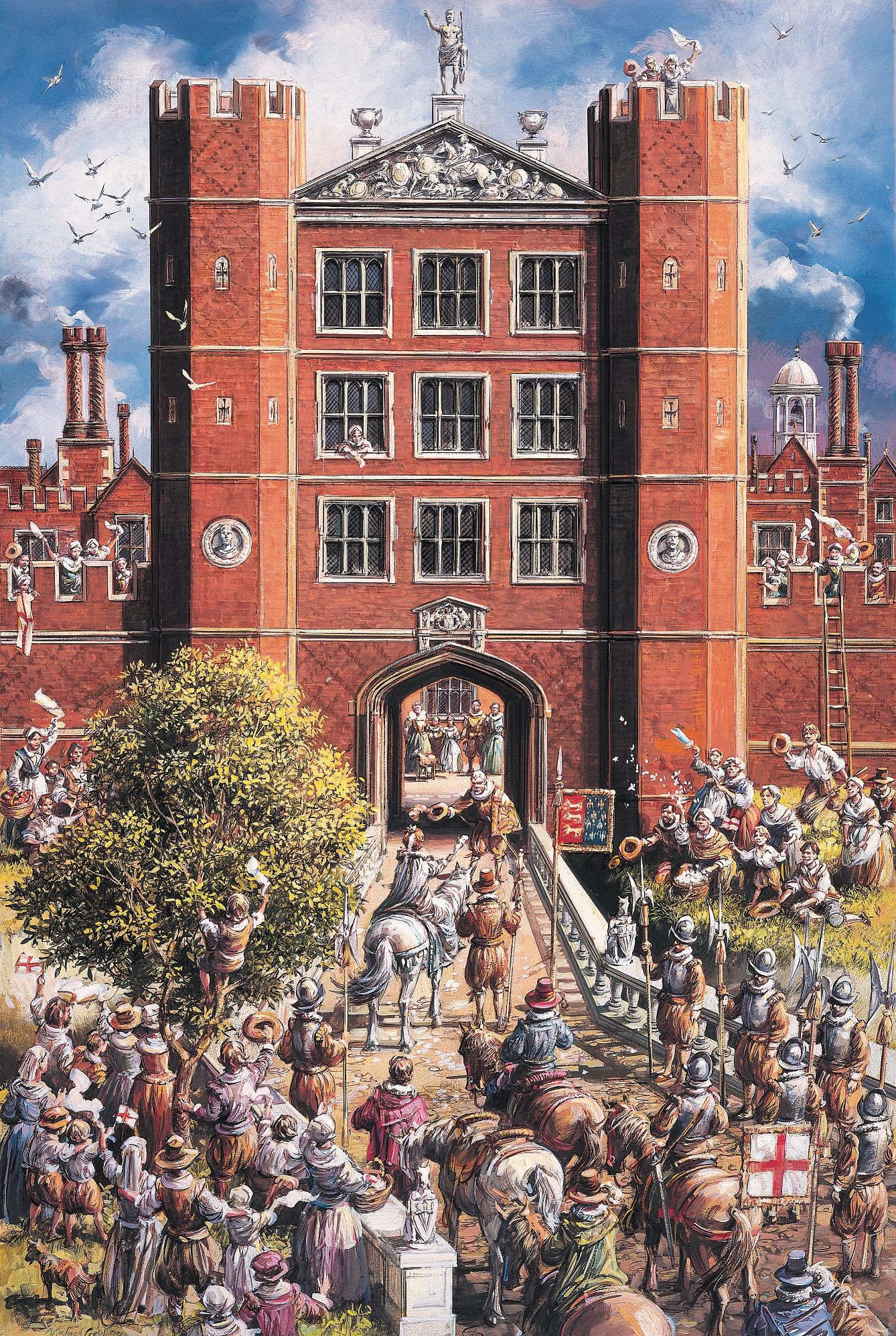
The queen remarked at the time that she had ‘…in her subject’s house entertained a royal ambassador and had royally entertained him'. So this royal visit was a great success – or was it? The financial cost to the Paulet family was astronomical and they were faced with crippling debts.
When, a few years later, the new monarch King James I visited Hampshire to hunt, he left his wife, Queen Anne of Denmark, and the royal court to be entertained at Basing. This was the final straw for the Paulet family, who were forced to sell some of their land to offset the costs of entertaining royalty. They even deliberately demolished parts of Basing House to reduce its attraction as a stop on the royal progress.
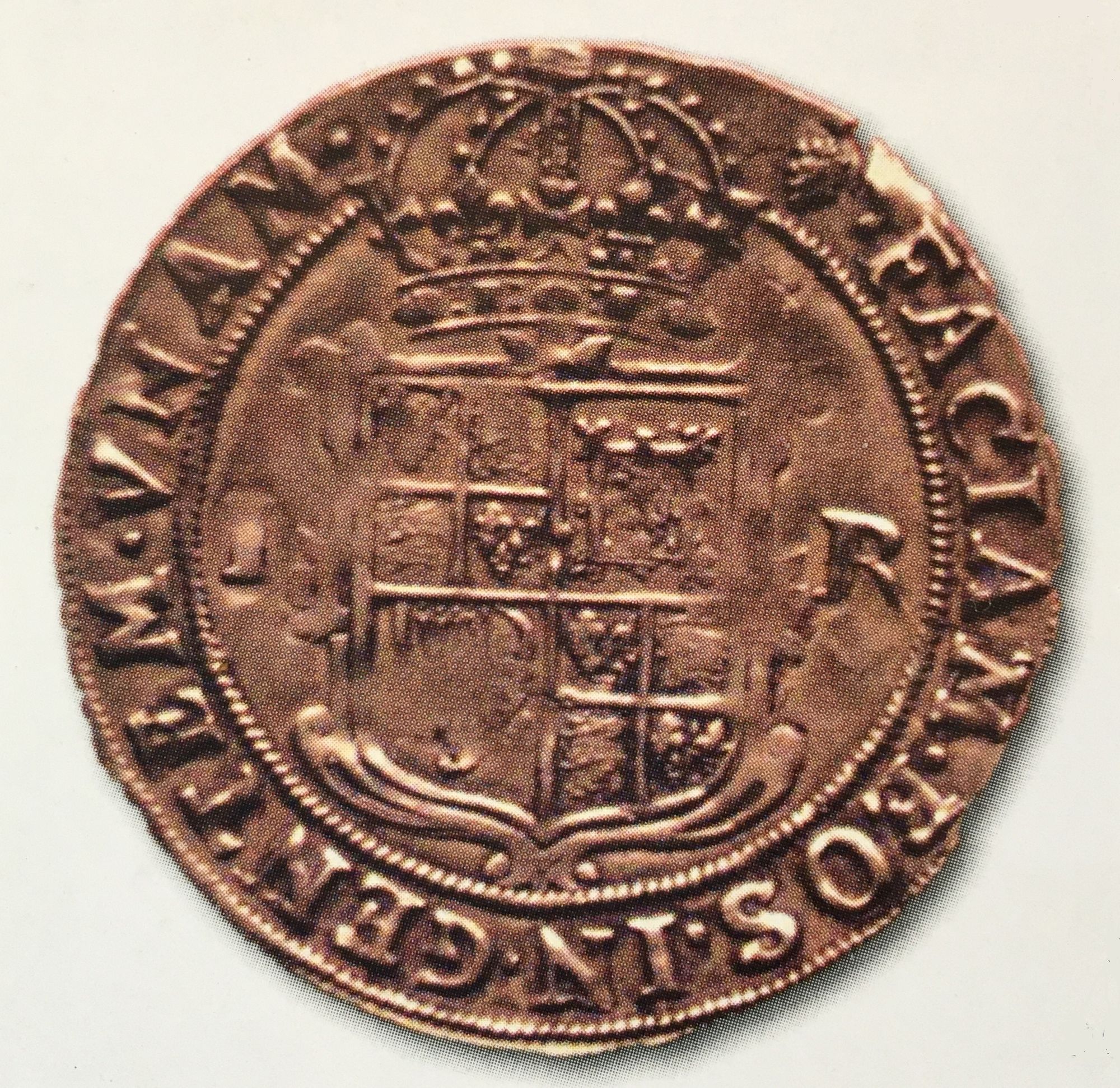
As far as the Paulets were concerned, Shakespeare was welcome to entertain the king’s court in London: they could no longer afford the pleasure.
If you have enjoyed Culture on Call and you are able to make a donation, please click the link below. Any support you can give will help us keep communities connected to culture in these difficult times.




